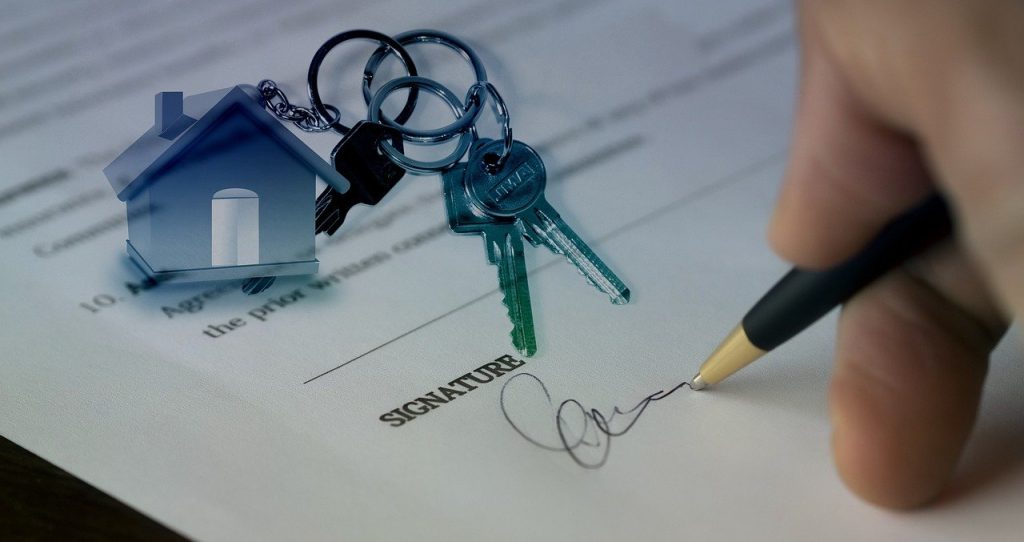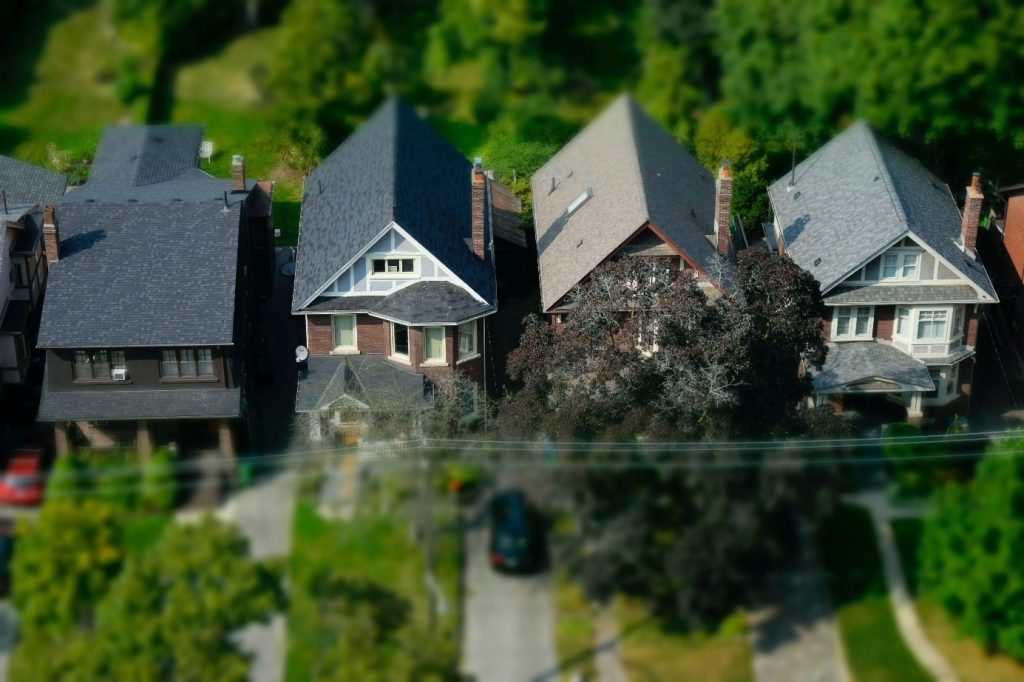Setting the rent has always been a rather delicate choice, which should not be taken lightly. Because in the event that this is very high, it will discourage candidates and which will subsequently lead to additional costs, as well as rental vacation periods. And if it is very low, it risks retaining the tenant, which will therefore make it difficult to upgrade.
It will then be necessary to find the right combination according to certain criteria, such as location and accommodation. Thus, this article will answer the question: how to set your rent well?
Set your rent freely
Fixing the rent generally remains a completely free action of the owner-lessor, which means that it is he himself who decides the amount, taking, of course, into consideration the supply and demand of the market.
On the other hand, it is not necessary to determine a high rent, if it is overestimated, it risks causing unpaid bills, frequent departures of tenants, which will generate additional costs, as well as rental vacation periods.
In the case where the owner-lessor actually has the freedom of choice, he will still have to take inspiration from the different rents charged on the market for the same type of property. For this, it would be appropriate to consult the various announcements concerning the rental of a property similar to yours, so as to have an idea of the market offer.
This reveals several criteria such as the location, the type of accommodation, whether it is furnished or not, the floor and the presence of an elevator in the building or that of a caretaker and others. . But the main criteria remain the size and location.
Read also: Fixing the rent of a dwelling: how to do it?
Until the law gets involved
Nevertheless, the owner-lessor is no longer completely free in certain cases, he will have to take the law into account to set his rent. First of all, there is the rent control decree on re-letting, which prevents the owner from increasing the rent.
It is true that it is the landlord who freely sets the rent to the first tenant, but in some cases the law intervenes in the increase of the rent, whether in new rentals such as the case of a change of tenant, or in lease renewals if the same tenant remains in the premises, unless the landlord has carried out improvement work or the current rent is undervalued, in which case he has the right to raise the rent .
Without forgetting that the law sets an increased reference rent for certain geographical areas such as Paris. Also, it is necessary to take into account the tax on the high rents of micro-housing of less than 14m² and whose rate is determined according to the rent per square meter.
And finally, in the case of a rental property investment, with the new Pinel law which aims to promote the construction of housing by granting landlords tax benefits, monthly rent ceilings have been set per square meter. These must be 20% below the market price.
Read also: Raising the rent: in which cases you can do it?




